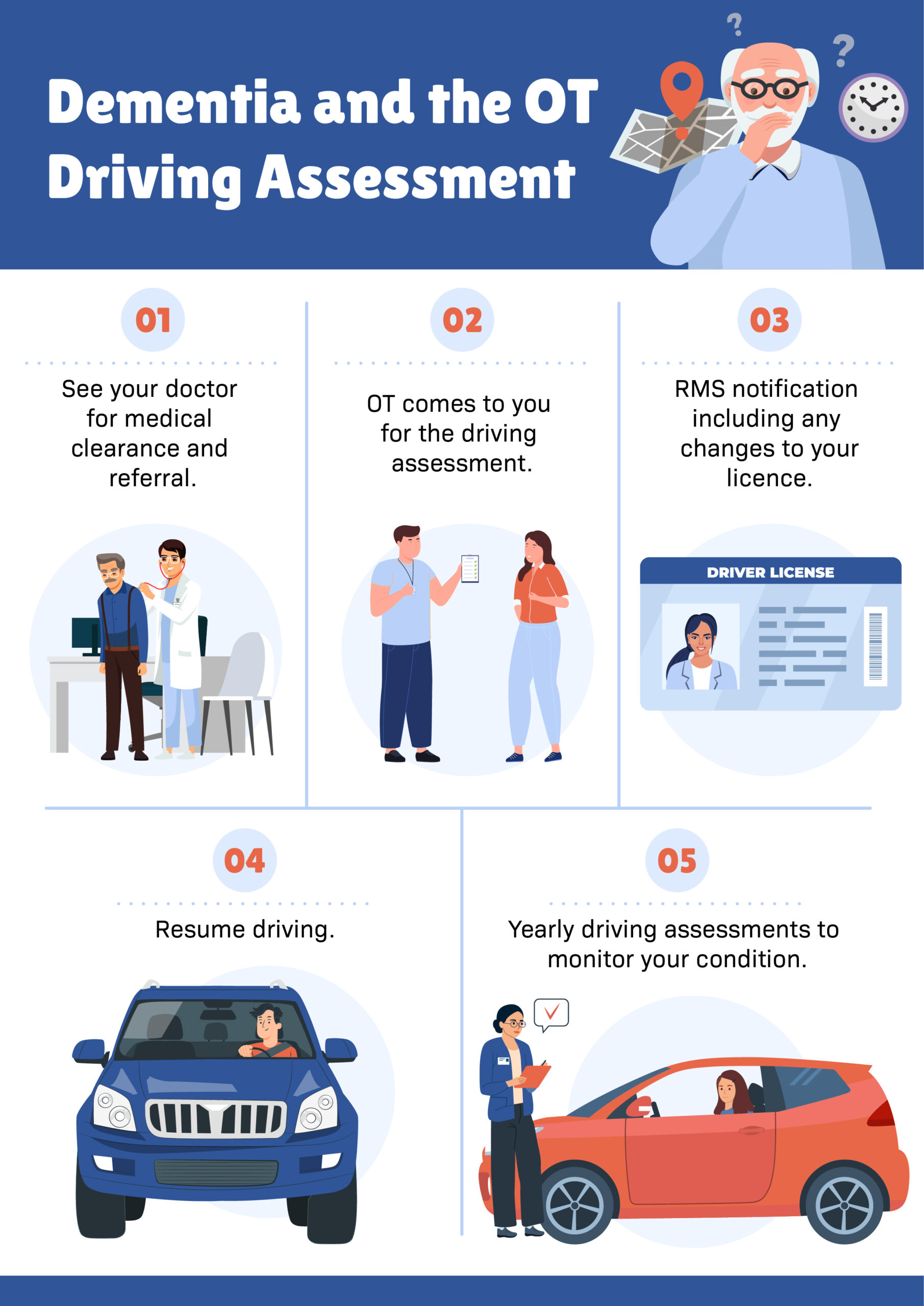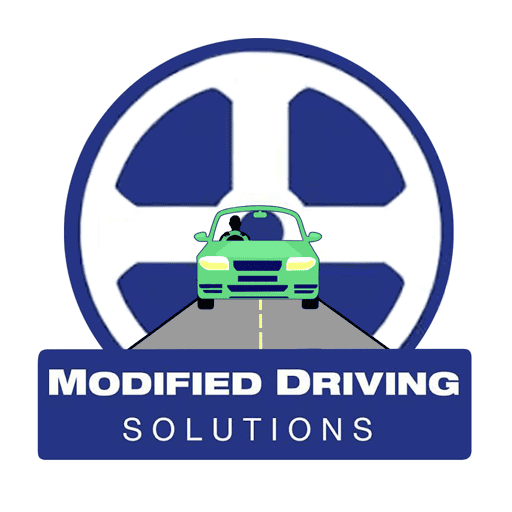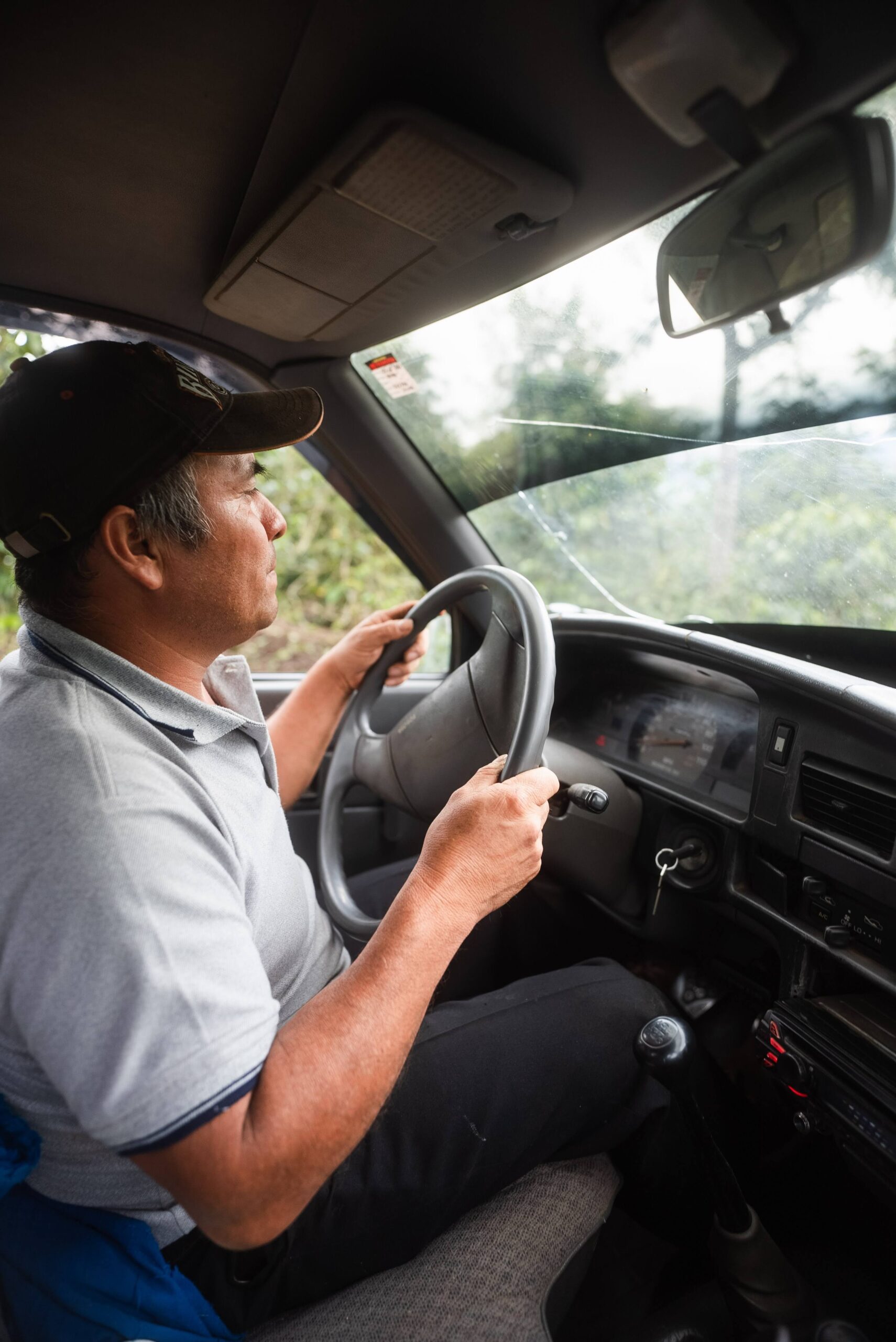Background on dementia
Dementia is a term that is used to characterize a range of medical conditions (including Alzheimer’s disease) and symptoms causing abnormal changes in the brain. Dementia affects one’s cognitive abilities (thinking skills), often made obvious by problems with memory, organization, speech and language, or decision-making skills. Dementia can also often affect a person’s feelings, behaviours and how they interact with others. Together, these difficulties may lead to the person becoming less independent, usually needing increased care and support.
In Australia, dementia is the second leading cause of death. In 2021, statistics indicate that about 472,000 Australians are living with dementia. The most common early signs of dementia include personality changes, confusion, short-term memory loss, social withdrawal, and reduced ability to complete daily tasks. If you are worried that you or someone you know may be showing signs of dementia, visit your GP.

I have been diagnosed with dementia – can I still drive?
Once a diagnosis of dementia has been established by your doctor, it is important to have an honest conversation about the effects of its illness on your daily functioning. Dementia affects people differently, and its symptoms and prognosis varies between individuals. However, dementia is a degenerative disease that progressively gets more severe over time. Your doctor will discuss the process to assess your medical fitness to drive. In general, this involves regular monitoring by your doctor and Occupational Therapy (OT) driving assessments. Many people with dementia can continue to drive for some time following the diagnosis, and every person’s case is unique.
The RMS and dementia
In NSW, any medical condition that affects (or potentially affects) someone’s driving must be declared to the Roads and Maritime Services (RMS). It is the person’s responsibility to inform the RMS of any change in their medical status. However, many people are not aware of this requirement and often, their doctor notifies the RMS on their behalf (often by completing the RMS medical fitness to drive form). Your doctor will need to complete this form on a yearly basis (at least), as there are strict requirements about driving with dementia.
Your doctor first assesses whether you are currently medically fit to drive. Generally, your doctor considers three possible situations regarding your current driving ability:
- Dementia is not currently affecting your driving and you can continue to drive as usual
- It is unclear if dementia is impacting on your driving and you require an OT driving assessment
- Dementia is severely affecting your driving capacity and you are no longer safe to drive (your licence will be cancelled)
In general, most doctors will recommend an OT driving assessment to determine if you can continue driving. Doctors usually do not cancel a person’s licence immediately, unless their condition has reached a very severe stage. It is also important to note that once a diagnosis of dementia is established, regular OT driving assessments are required.
The OT driving assessment
People with dementia need to be thoroughly assessed to find out how the condition is affecting their driving. As your doctor does not see you drive, driver trained OT assumes this role. In NSW, a driver trained OT has authority to determine medical fitness to drive. Your doctor may recommend you to an OT service in your area.
The OT driving assessment consist of two parts: the off-road and on-road assessments.
The off-road assessment is usually completed first. The OT checks the three areas needed for driving: vision, cognition and physical capacity. In dementia, deficits may be identified in the cognitive assessment.

The on-road assessment is the practical driving test where you drive under the observation of the OT and driving instructor. You will be asked to drive for around one hour. The focus is on how dementia is currently impacting on your driving (if at all). The OT wants to ensure that you are driving safely and to RMS standards.
After the assessment, the OT will let you know the outcomes and further recommendations. There are generally three potential outcomes:
- You are currently driving safely and can maintain your licence
- You made some errors in the assessment and the OT recommends some driving lessons and a driving reassessment
- You are not currently driving safely and your licence is cancelled
The OT will complete the report and notify your doctor and the RMS of the results. Due to the degenerative nature of dementia, your doctor will monitor your condition and you will requiring regular OT driving assessments.


